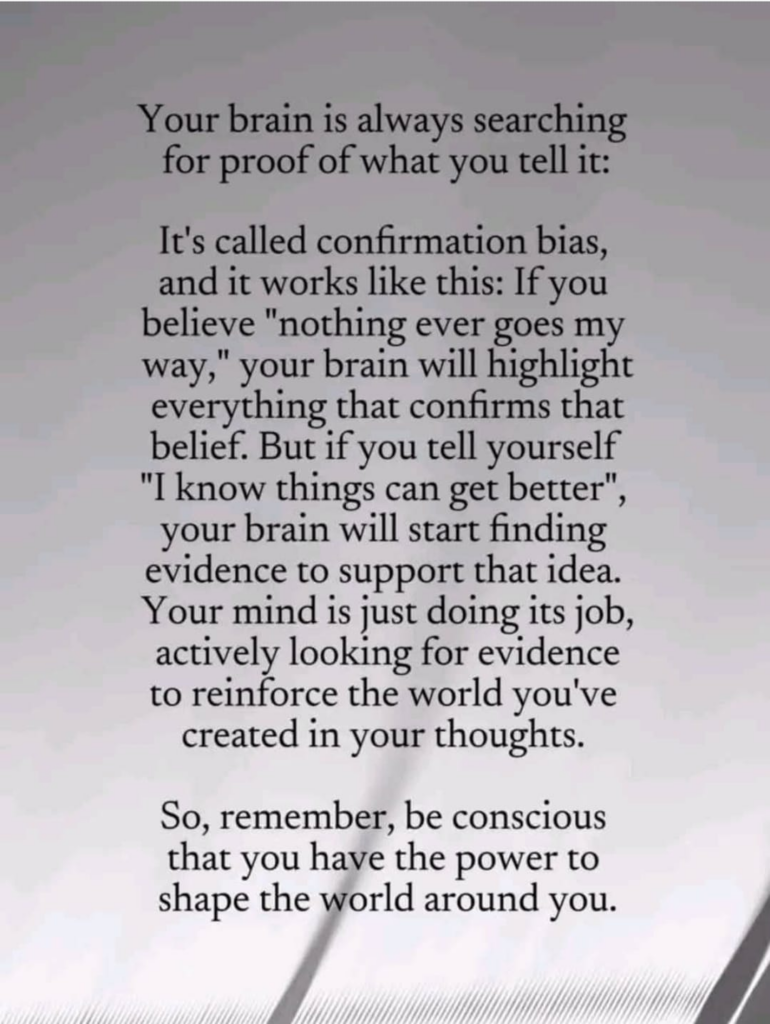We’ve all heard of those rare individuals who wake up at 4 a.m., hit the gym, launch companies, meditate, and still have the energy to host dinner parties—on only 3 to 5 hours of sleep. How do they do it?
Is it superhuman genetics? Sheer willpower? Or something else entirely?
The answer lies not just in biology, but in energy—how it’s managed, where it’s sourced, and what it’s used for.
The Science: Sleep and the Sleepless Elite
There is a rare genetic trait—found in less than 1% of the population—that allows some individuals to thrive on drastically reduced sleep. These people carry a mutation in the DEC2 gene, which helps their bodies move more efficiently through restorative sleep stages. They don’t need more rest because they’ve evolved to use less of it.
But for the rest of us, burning the candle at both ends usually leads to burnout, foggy minds, and emotional fragility. So what gives?
The Spiritual Lens: Energy Is Not Just Physical
From a spiritual perspective, energy is not limited to the body. What most people call “energy” is just stored physical vitality—the food you eat, the sleep you get, the effort you exert.
But there is another source of energy: conscious awareness.
When someone is deeply present, aligned with purpose, or spiritually attuned, they begin to operate from a higher bandwidth of energy—one that doesn’t tax the body as heavily.
This is why saints, sages, monks, and mystics have been known to live on little sleep or food. They are nourished by something deeper: presence, stillness, and connection to source.
Energy Amplification Through Awareness
The more awake you are in consciousness, the less “effort” is required to move through life. You begin to:
- Expend less mental energy worrying or resisting
- Conserve emotional energy by not reacting to everything
- Use physical energy efficiently, guided by intuition rather than force
In this way, awareness becomes a fuel source. It’s a quiet power, subtle but infinite.
Living Lightly: The Less You Resist, The Less You Need
The body requires rest when it’s overworked, overstimulated, and overburdened. But what if you’re no longer resisting life? What if your inner world is peaceful, and your outer world is in flow?
The energy spent in conflict, overthinking, self-judgment, or anxiety far outweighs the energy it takes to simply be.
This is the secret of spiritual energy: the lighter you live, the less you need.
A New Paradigm: Sleep Less, Live More—Not by Force, But by Alignment
Rather than chasing hacks or sleep deprivation trends, consider this:
What if the true path to more energy isn’t in sleeping less, but in resisting less?
What if your soul knows how to rest even while awake?
Sleep is sacred. But presence is powerful. And when you are deeply aligned, even a few hours of rest can feel like eternity.
Closing Thought
You don’t need to become a minimalist sleeper to awaken.
But as your awareness deepens, you may just find that you need less of everything—
less sleep, less food, less noise, less effort—
because you’re being fueled from within.

